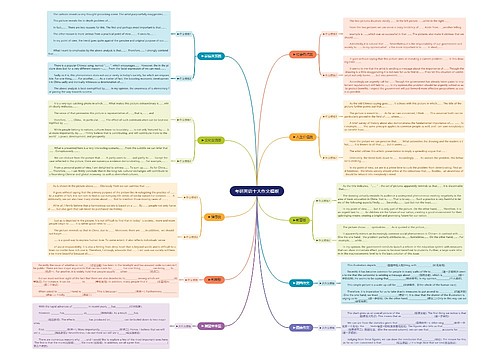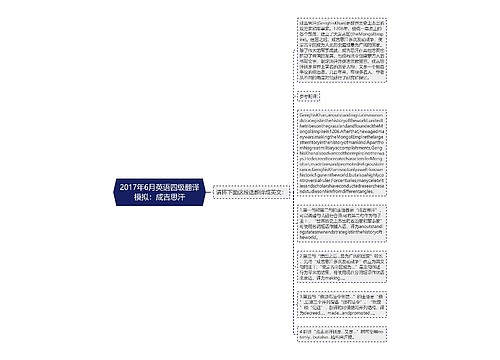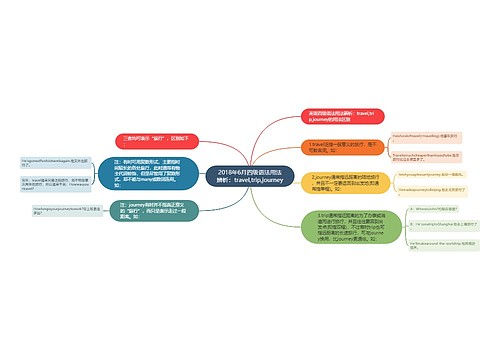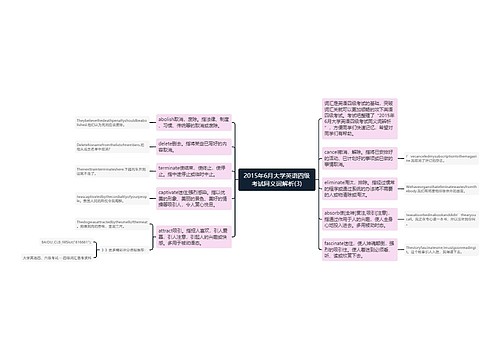2022年6月大学英语六级语法精析:情态动词思维导图
深知
2023-03-17

2022年6月大学英语六级语法精析:情态动词
树图思维导图提供《2022年6月大学英语六级语法精析:情态动词》在线思维导图免费制作,点击“编辑”按钮,可对《2022年6月大学英语六级语法精析:情态动词》进行在线思维导图编辑,本思维导图属于思维导图模板主题,文件编号是:676cd2a88244779fa1e2f3b8069e3141
思维导图大纲
相关思维导图模版
904名中国成年人第三磨牙相关知识、态度、行为和病史的横断面调查思维导图
 U633687664
U633687664树图思维导图提供《904名中国成年人第三磨牙相关知识、态度、行为和病史的横断面调查》在线思维导图免费制作,点击“编辑”按钮,可对《904名中国成年人第三磨牙相关知识、态度、行为和病史的横断面调查》进行在线思维导图编辑,本思维导图属于思维导图模板主题,文件编号是:10b9a8a2dd2fb4593f8130ef16c320fc

销售经理半年规划思维导图
 U582121265
U582121265树图思维导图提供《销售经理半年规划》在线思维导图免费制作,点击“编辑”按钮,可对《销售经理半年规划》进行在线思维导图编辑,本思维导图属于思维导图模板主题,文件编号是:e614d6bcf03e9318109240a18697c5d1
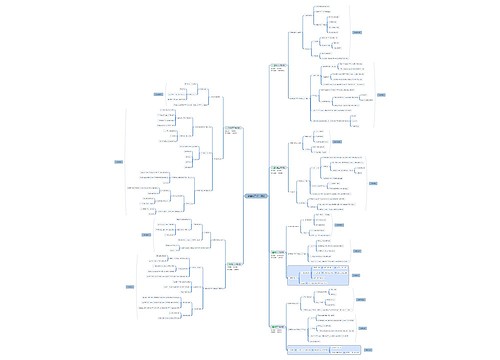
相似思维导图模版
思维导图模版推荐
2022年6月大学英语六级语法精析:非谓语动词思维导图
2023-03-17 05:31:10
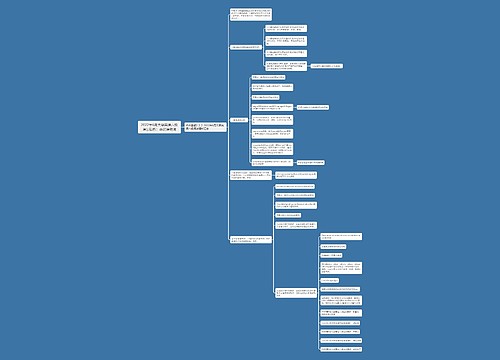
2022年6月大学英语六级语法精析:不定式思维导图
2023-03-17 05:31:14

2022年6月大学英语六级语法精析:动名词思维导图
2023-03-17 05:31:18

2022年6月大学英语六级语法精析:虚拟语气思维导图
2023-03-17 05:31:01
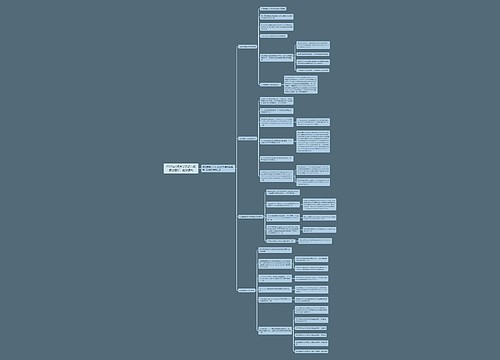
2022英语六级语法用法辨析:keen on doing sth 与keen to do sth思维导图
2023-03-17 05:30:57

2022英语六级语法用法辨析:because, since, as,for辨析思维导图
2023-03-17 05:30:53


